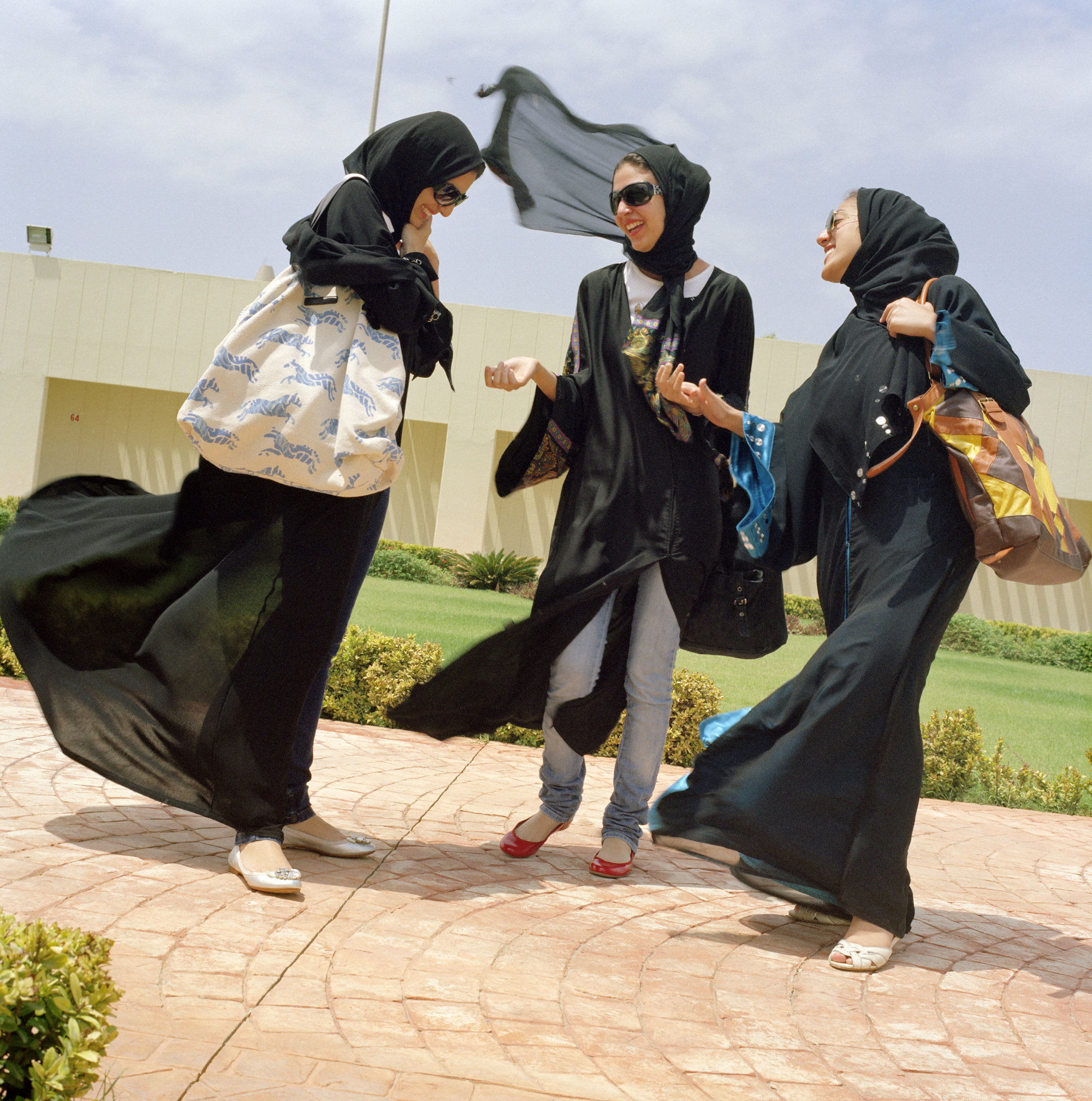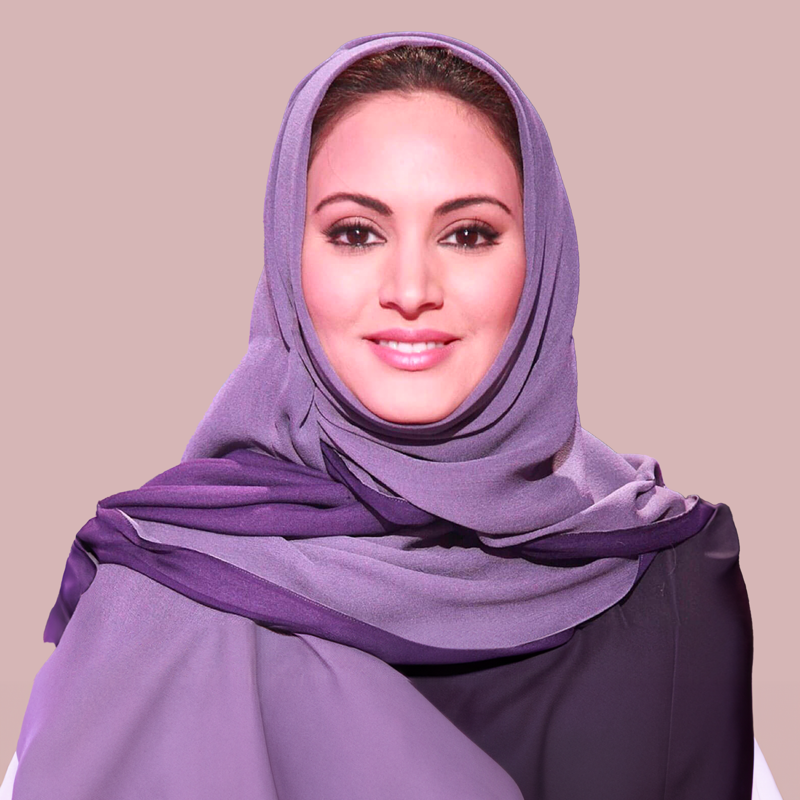When her Royal Highness Princess Sarah Al-Faisal bin And Al Aziz established the Alnahda Society in 1962, it became the country’s first organisation dedicated to advancing women’s empowerment.
“It used to be taboo to speak about empowering women—it was always about how to ‘help’ women in poverty,” says Fawzia Alrashid, Alnahda's vice president. “Because of our [long track record], we’ve been able to push the envelope and put a spotlight on issues where others could not.”
Over the decades, Alnahda has pioneered efforts to advance women’s capacity to help themselves. Its programmes equip women with the skills to succeed in the labor market, build their personal networks, and meet with prominent Saudi women who serve as role models.
“Our programs change as women’s needs change and the political and social landscape evolves,” says Rasha Al-Turki, Alnahda's executive director. When the society was founded, women’s education had only been legal for a few years.
Since then, Alnahda has helped women achieve other major milestones, such as the right to work in factories in the 1990s and, more recently, the right to vote and to drive.
A number of prominent, local private and corporate donors fund the organisation.
The Saudi-based Suliman S. Olayan Foundation, for instance, has provided support for Alnahda’s Mustaqbali program, which develops academic and nonacademic supports to help young women, in particular, increase their self-esteem and attain higher education. The project has enrolled 1,220 students since its launch in 2011.
Today, Alnahda remains the largest Saudi organization dedicated to helping women across all strata of society advance their economic and social lives. It reaches approximately 2,000 Saudi men, women and children annually, offering each of them multiple direct-service programs that focus on improving education, building career and leadership skills, and providing financial supports to those in poverty.
The organisation reaches additional women through partnership and advocacy efforts, using grassroots approaches to push for policy reform.
This content was first published in 2020 by Project Inspired, a collection of video interviews and case studies drawn from conversations with some of the Arab region’s leading philanthropists and foundations. Project Inspired is supported by the Abdulla Al Ghurair Foundation for Education and the Bill & Melinda Gates Foundation, and produced by knowledge partners The Bridgespan Group and Philanthropy Age.



